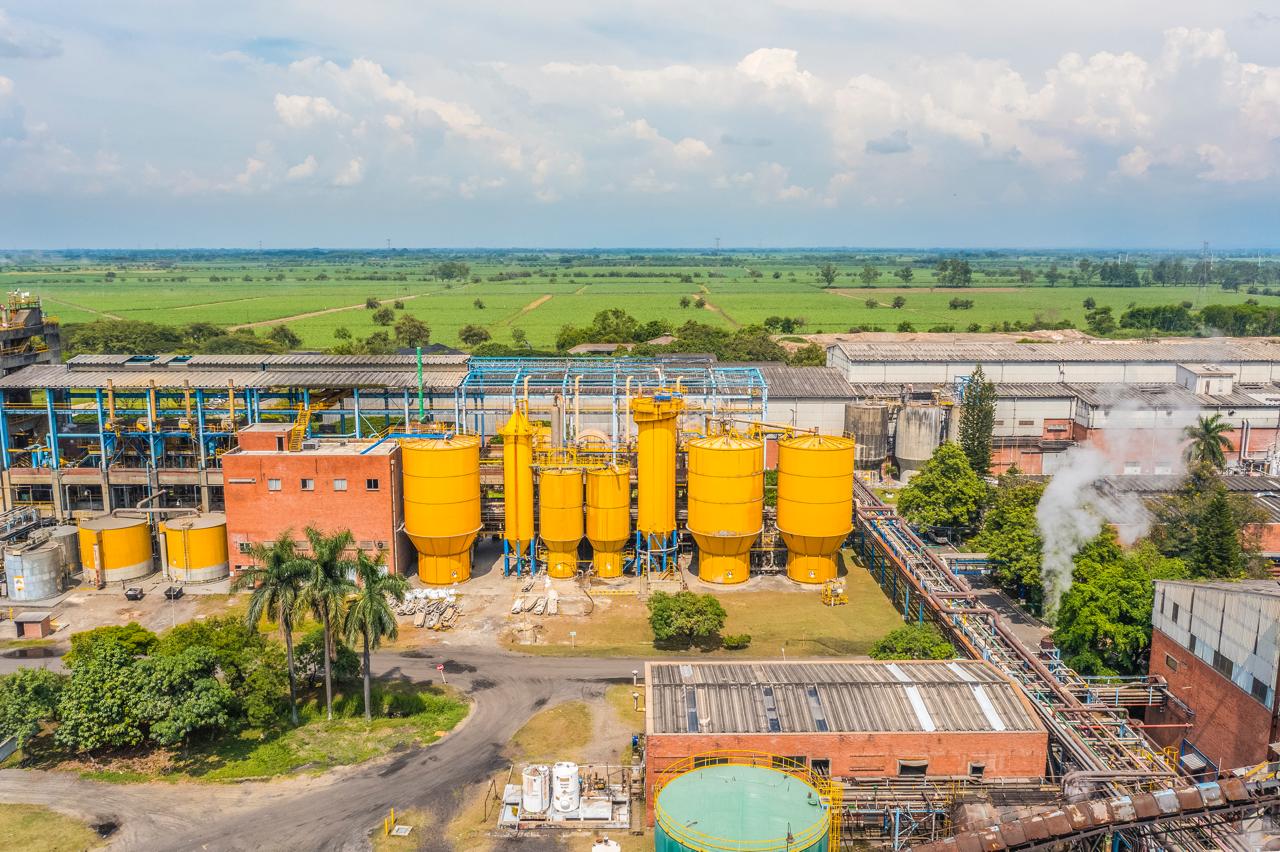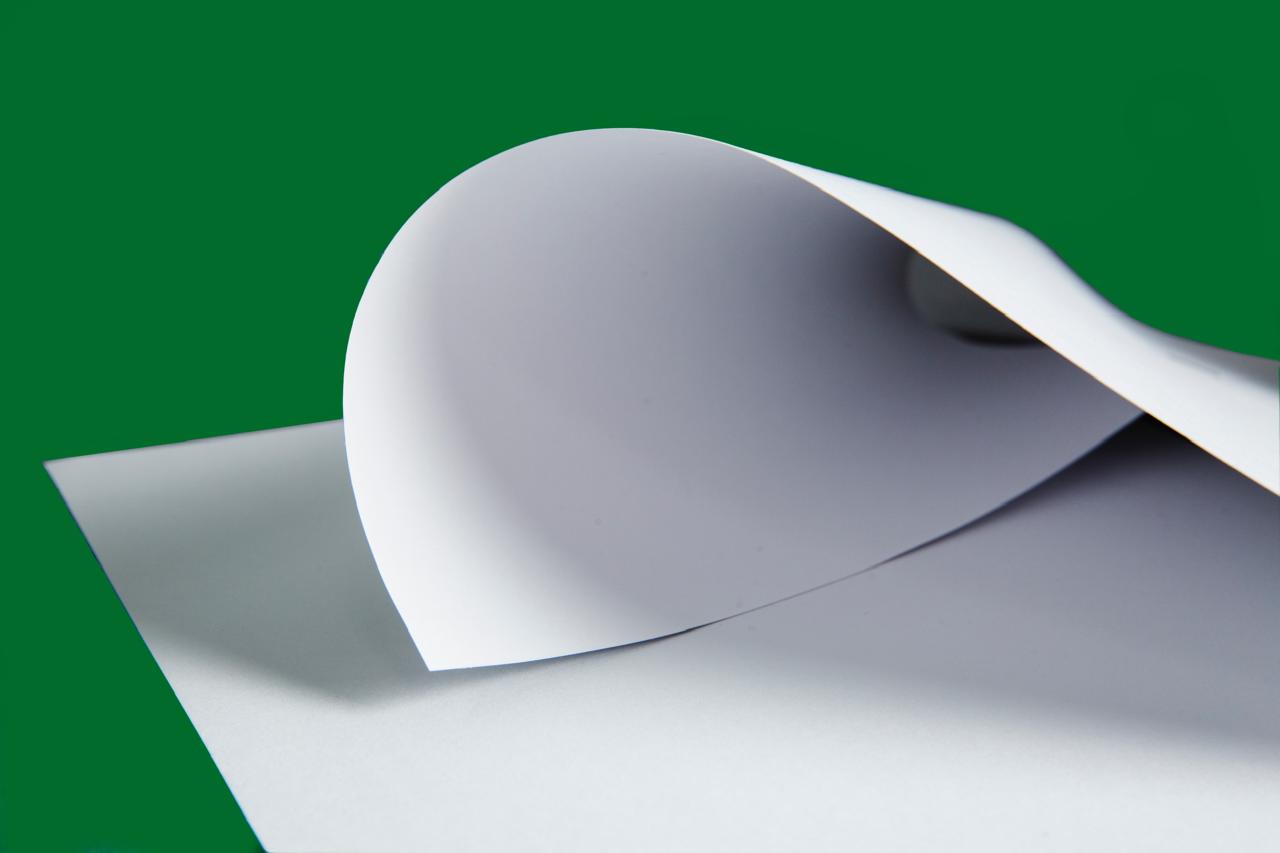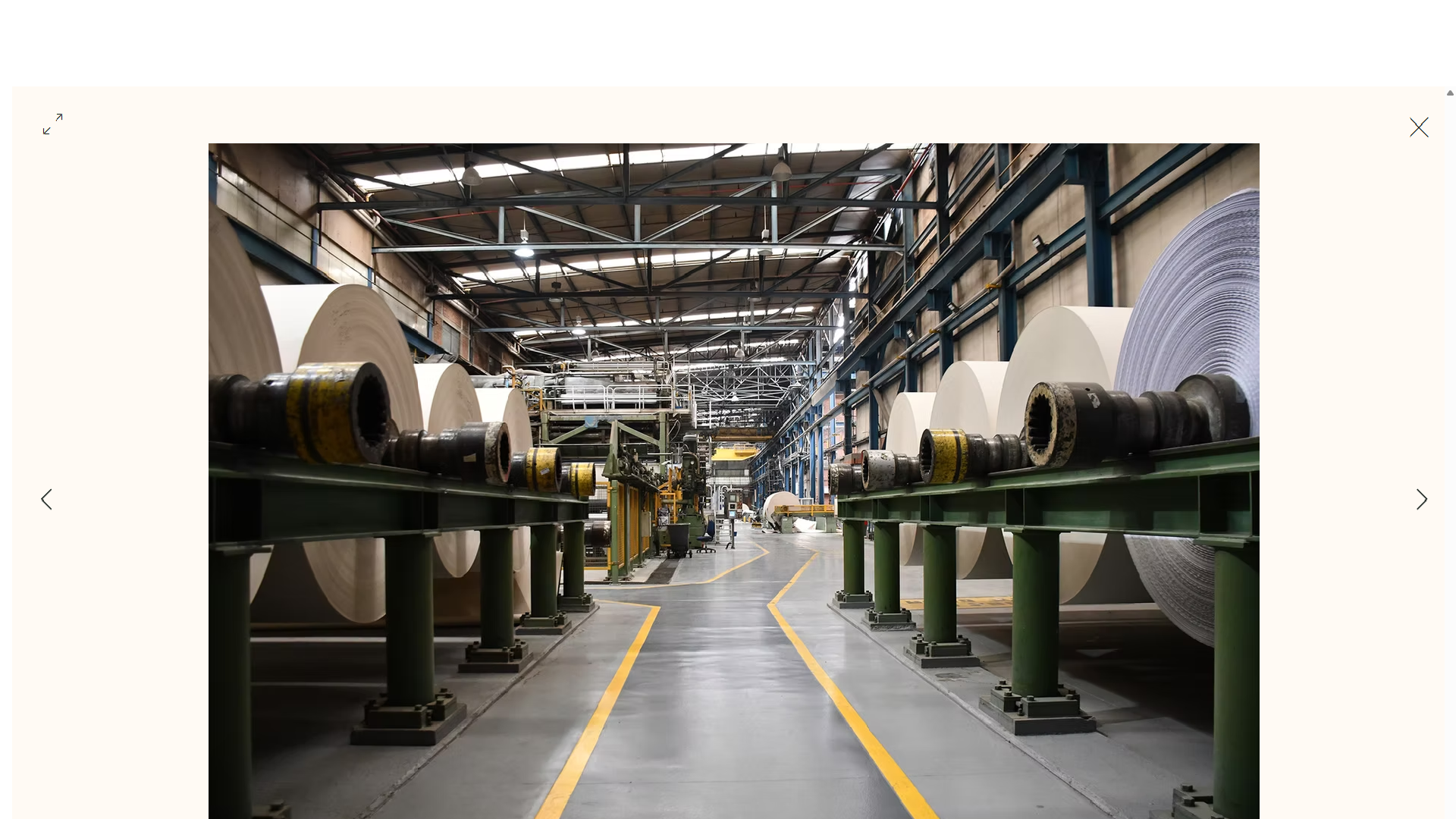'Paper Wars' pits major companies in the sector against each other: Carvajal vs. Scribe, Inapel, and others

The closure of the Propal plant in Yumbo (Valle del Cauca), a subsidiary of Grupo Carvajal, announced at the beginning of April this year, beyond the social impact due to job losses and the impact on suppliers and merchants in the region, highlighted a strong dispute that had been brewing for some time between large companies in the country's paper industry, such as Carvajal, Scribe and Industria Nacional Papelera (Inapel), among others, which are seeking to gain greater space in an increasingly competitive and difficult sector.
This 'war' has not been exempt from accusations and allegations of possible manipulation of information, anti-competitive imports, restrictions on sales of some raw materials to some market players and even requests to the authorities to impose anti-dumping measures on foreign purchases of bond paper and photocopies, especially those made from Brazil.
"Carvajal intends to take over the entire paper market in Colombia by eliminating imported paper from competition ," said spokespersons for Soluciones MAF, the company Scribe, and the National Paper Industry (Inapel) in a joint statement. They also accuse the Valle del Cauca-based group of launching "a media campaign aimed at misinforming the public."
They claim that with this strategy, Carvajal is suggesting that the alleged dumping of paper imports from Brazil and the fact that the ministry had not yet adopted anti-dumping duties were the cause of the closure of Propal's Yumbo plant on April 11, when in reality, the subsidiary did not produce bond paper, but rather cardboard.

Propal's Yumbo plant (Valle del Cauca) was in operation until April 11. Photo: Courtesy of Propal
In response to this claim, Carvajal officials point out that its Yumbo plant used to produce cardboard, enamel, Earthpact, and bond paper, something that continues to be done at the Guachené plant, with priority given to the production of photocopy paper.
And regarding the request to adopt anti-dumping measures on photocopy paper, their goal is to eliminate the unfair dumping that has been generated in Brazil by selling at prices deemed "artificially low," in order to compete on a transparent and equal footing in the Colombian market.
"Propal has the capacity to compete in the Colombian market, as long as it does so under fair conditions and not through anti-competitive practices, as we believe is occurring," they commented. This must be determined by the market authority based on the evidence provided.
The dispute As you may recall, Carvajal executives informed the Financial Superintendency that the indefinite closure of its Yumbo plant was a direct consequence of " operational losses due primarily to the market situation, resulting from prices of imported products that we consider artificially low and which we classify as anti-competitive practices being carried out by some international producers, as well as supply difficulties."
Since last year (Resolution 205 of July 16, 2024), the Ministry of Commerce, Industry, and Tourism (MinCit) began an investigation to determine "the existence, degree, and effects on the domestic industry of alleged dumping of photocopy paper imports originating in Brazil."
However, the complaining companies point out that the authorities could not impose antidumping duties, since they were requested by Carvajal's marketing company and not by the paper producer, as required by law.
But beyond any decisions the Ministry of Civil Services may adopt, business owners fear that if certain measures are imposed, they could run out of raw materials because Carvajal won't sell to them, preferring to export his paper production.

Carvajal points out that it continues to produce photocopy paper at its plant in Guachené, Cauca. Photo: Courtesy of Propal
In their joint communication, the affected companies also argue that Carvajal decided not to serve a market segment covered by Smurfit Kappa (now Smurfit Westrock), which stopped producing bond paper, while also refusing to supply paper to its own distributors' largest competitors.
This is also denied by Carvajal, who asserts that the company "sells to all market players and there is no discrimination in this regard." Although they acknowledge that they are exporting more because, given the low prices of Brazilian products, Colombian buyers are opting for them, forcing the company to seek alternative markets.
The figures Figures from the Pulp, Paper, and Cardboard Industry Chamber of the National Association of Entrepreneurs (Andi) indicate that paper and cardboard consumption in Colombia increased 7.9 percent last year to 1.7 million tons.

Isabel Cristina Riveros, director of the Pulp, Paper, and Cardboard Industry Chamber of Andi. Photo: Andi
Isabel Cristina Riveros Pineda, director of the Chamber, in a recent article on the performance of this industry, published in the 288th edition (April) of the trade magazine, pointed out that this dynamic was due to the 10.2 percent increase in demand for packaging paper, as well as the dynamics of printing activities, which increased the purchase of printing and writing paper by 11.9 percent.
In the same document, the expert also reveals that national production was close to 1.3 million tons, 5.2 percent more than that recorded in 2023. And that while national production supplied 81 percent of national consumption that same year, by 2024 that share fell to 76 percent "due to a 25 percent increase in imports, which led to national production surpluses being destined for export, motivating a 13 percent increase in exports compared to the previous year."
Another important piece of information provided by the director of the Chamber relates to the recovery in demand for bond paper last year, which reached 352,000 tons. This saw a marginal boost in domestic production (1 percent) and contrasted with the increase to 175,000 tons imported (a 23 percent increase) from Brazil.
Specifically, data from the National Statistics Institute (DANE) as of last February show a sharp increase in imports of paperboard and its manufactures from the South American giant since 2021. From a purchase of these raw materials of around $80 million in 2020, this figure rose to $118.3 million a year later; $174.3 million in 2022 ; $136.4 million the following year; and in 2024, these imports returned to levels close to $167 million.

Propal production plant, a subsidiary of Grupo Carvajal. Photo: Propal website
Another market that is concerned about what's happening in the paper market is the production of school notebooks. For Scribe executives, the possibility of increased import prices for paper is their greatest threat, as this—they say— would lead "to Carvajal taking total control of the notebook market in Colombia, which accounts for 120 million units annually," harming hundreds of low-income families.
"Given that 80 percent of the value of a budget notebook is paper, any increase in this input will have a significant impact on the company's sustainability. In addition to the increased cost of a popular consumer product linked to education, more than 500 jobs are at stake if a monopoly on paper marketing is established by increasing the value of imported paper," the company notes.
In response to these statements, Carvajal's executives told EL TIEMPO that this is also untrue. They say the notebook market is currently highly competitive with local players and importers.
"Propal's situation doesn't affect the notebook market at all. It's important to note that countries like Mexico and the United States have significant tariffs on these types of products, and competition in notebooks continues. In Mexico, a country with measures driven by its domestic industry, Carvajal competes with Scribe, the local producer, and other domestic and imported producers."
According to the companies that consider themselves affected by Carvajal's situation, "this is a series of voluntary business decisions unrelated to imports. All of this is recorded in the preliminary report prepared by the Subdirectorate of Commercial Practices (SPC) of the Ministry of Commerce, Industry, and Tourism," they point out.
EL TIEMPO is awaiting progress on the investigation being conducted by the Ministry of Cit and Carvajal's request to establish antidumping measures on paper imports from Brazil.
eltiempo





